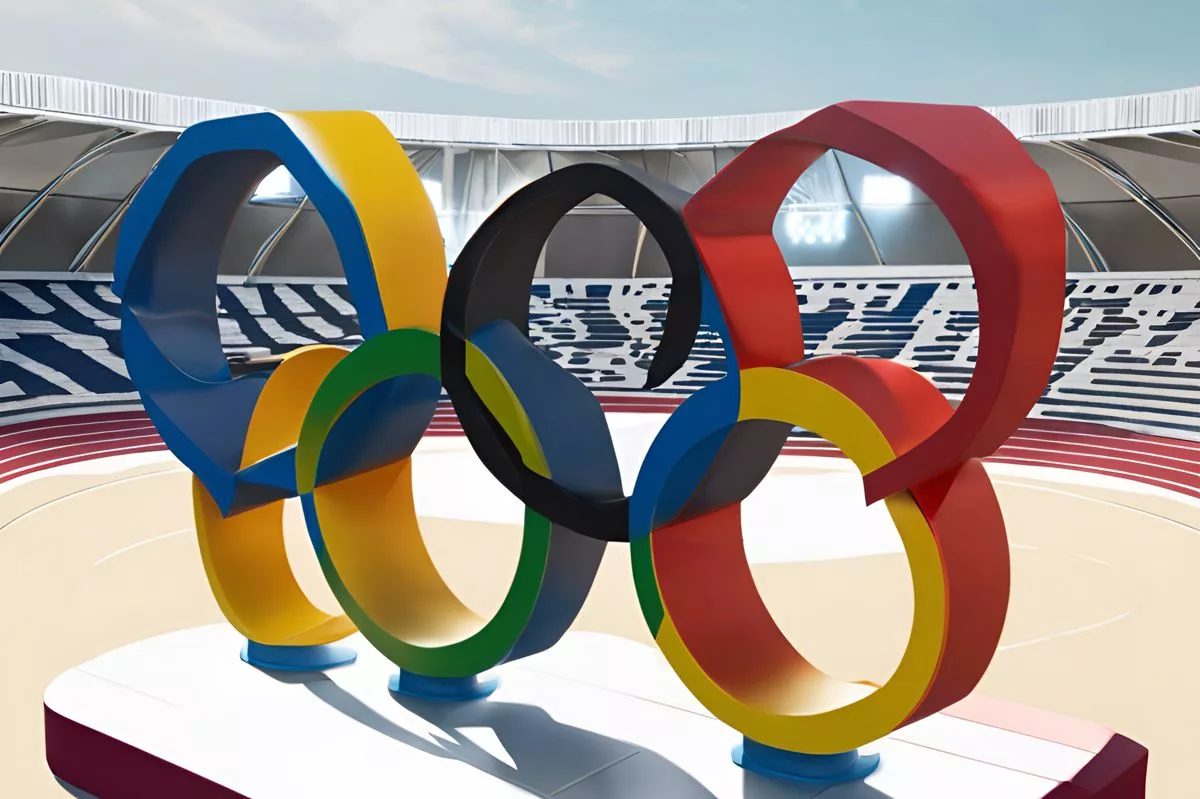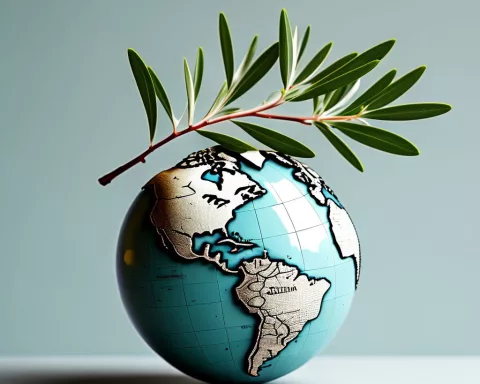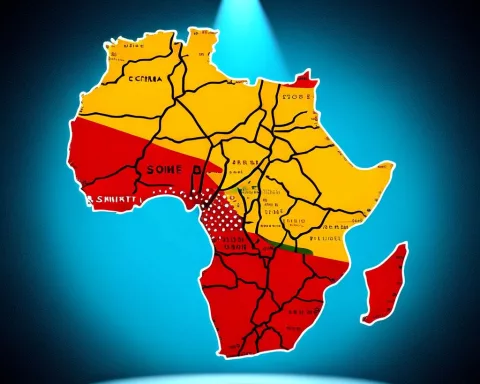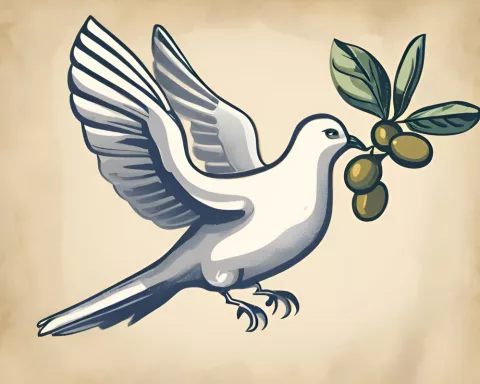Russia’s Olympic suspension due to their acceptance of illegally acquired territories has caused ongoing controversy within the global sports community. The ban remains in place despite an appeal, with the Court of Arbitration for Sport confirming the decision. This complex issue delves into international jurisprudence and ethical considerations, reflecting the wider socio-political climate. The upcoming Paris Games are expected to showcase not only sporting talent but also the geopolitical nuances intertwined with international sports.
What is the fallout of Russia’s Olympic suspension?
Russia’s suspension from the Olympics continues to create ripples within the global sports community due to unresolved issues. The ban was imposed by the International Olympic Committee in response to Russia’s acceptance of territories acquired illegally, which is perceived as a direct violation of Ukraine’s territorial sovereignty. This decision has triggered a complex discourse that goes beyond the realm of sports, delving into the confines of international jurisprudence and ethical considerations.
Russia’s Ban Reverberates Around the Globe
Unresolved issues surrounding Russia’s suspension from the Olympics continue to create ripples within the global sports fraternity. Despite an appeal, the ban on Russia imposed by the International Olympic Committee (IOC) is confirmed, as declared by a ruling from the Court of Arbitration for Sport (CAS). The IOC’s strict action is a backlash against Russia’s acceptance of territories acquired illegally, which is perceived as a direct violation of Ukraine’s territorial sovereignty.
This decision has triggered an intricate discourse that goes beyond the realm of sports, delving into the confines of international jurisprudence and ethical considerations.
The Cogs That Set The Wheel in Motion
The beginning of this controversy can be traced back to the 12th of October, 2023, when the IOC decided to suspend the Russian Olympic Committee (ROC). This decision was reached just seven days after the ROC chose to incorporate sports bodies from Donetsk, Kherson, Luhansk, and Zaporizhzhia. These entities were under the jurisdiction of Ukraine’s National Olympic Committee (NOC), leading to a surge of displeasure and discontent.
The CAS verdict not only validated the IOC’s action but also deemed it to be in compliance with the principles of legality, equality, predictability, and proportionality.
The Two Sides of the Coin: Reactions and Responses
The IOC’s verdict was received with approval. An IOC representative articulated the belief that the ROC’s decision to incorporate organizations that were part of Ukraine’s NOC was a clear infringement of the Olympic Charter. This act violated the territorial sovereignty of Ukraine’s NOC, which was recognized as per the Olympic Charter, thus justifying the suspension.
Conversely, the ROC had a dissimilar reaction. The committee indicted the IOC of acting under political influences, calling out the decision as “counterproductive”. As one would expect, they escalated their complaints to the highest sports tribunal, the CAS, lodging an appeal against the suspension on the 6th of November.
The Plot Thickens: Athletes, Games and Geopolitics
Interestingly, the IOC subsequently made provisions for individual sportsmen and sportswomen from Russia and Belarus to take part in the Paris Games, provided they refrained from endorsing any conflict in Ukraine. This resulted in a restricted number of neutral athletes participating – eight from Russia and three from Belarus.
In sharp contrast, nearly sixty athletes from Ukraine, a testament to their vibrant sporting culture, qualified for the Paris Olympics. These Games, scheduled from the 26th of July to the 11th of August, are expected to be a display of not only sporting talent but also the geopolitical nuances deeply rooted in international sports.
A Reflection of the Broader Socio-Political Climate
In this complex web of sports, politics, and nationalism, one fact remains undisputed – the realm of sports is more than just rivalry and sportsmanship. It is also a mirror to the wider socio-political environment. As we anticipate the Paris Games, we are reminded that the essence of the Olympics transcends the confines of the sporting field. It symbolizes unity, respect for international laws, and the sovereignty of nations. In conclusion, the torch that lights the Olympic flame should also shed light on the principles that the Games represent.
Why was Russia suspended from the Olympics?
Russia was suspended from the Olympics because of their acceptance of illegally acquired territories, which is perceived as a direct violation of Ukraine’s territorial sovereignty. The International Olympic Committee imposed the ban in response to this action.
Has Russia appealed the decision?
Yes, Russia appealed the suspension to the Court of Arbitration for Sport (CAS). However, the CAS confirmed the decision to uphold the ban on Russia.
How many athletes from Russia and Belarus are participating in the Paris Games?
Only eight athletes from Russia and three from Belarus are participating in the Paris Games under the condition that they do not endorse any conflict in Ukraine.
How many athletes from Ukraine have qualified for the Paris Games?
Nearly sixty athletes from Ukraine have qualified for the Paris Olympics.
What does the ongoing controversy surrounding Russia’s suspension reflect?
The ongoing controversy surrounding Russia’s suspension reflects the wider socio-political climate, delving into international jurisprudence and ethical considerations. It highlights the interconnectedness of sports, politics, and nationalism, and serves as a reminder of the principles that the Olympics represent.
What did the Court of Arbitration for Sport (CAS) verdict state?
The CAS verdict validated the IOC’s action and deemed it to be in compliance with the principles of legality, equality, predictability, and proportionality.












